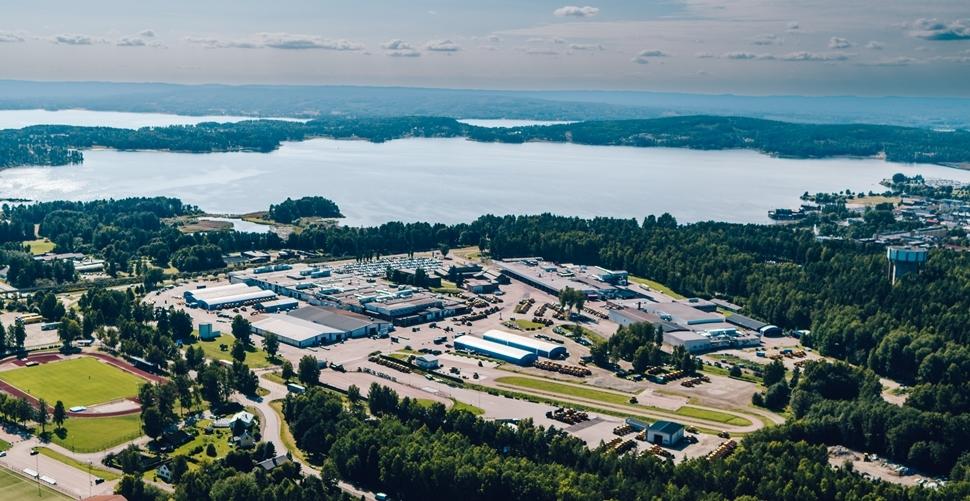Volvo Construction Equipment (Volvo CE) has earmarked about US$6.3 million for its expansion plans for its Arvika factory in Sweden that will allow for phased production and further its missions for both electric manufacturing and reducing carbon emissions.
The facility, which produces medium- and large-wheel loaders, has already successfully reduced its carbon emissions. The company has an ultimate goal of being entirely fossil-free by 2040, and for 35% of its machines sold to be electric by 2030.
The new 1,500-square-metre building at the factory will permit phased introduction of new electric wheel loaders. The news comes just after Volvo’s recent confirmation in its investment in electric haulers from its Braas, Sweden, location.
Volvo CE is advancing electric solutions across its production facilities, also including the Konz facility in Germany, Belley in France and Changwon in South Korea.
“This is a clear signal of our commitment to building the world we want to live in. It is more than 40 years since we last invested in a new building and what better reason now than to invest in our future, our planet and the next generation,” Site Manager Mikael Liljestrand said.
“We know that this is not only important to our customers and stakeholders, who rightly have high expectations on us, but it is also close to our hearts to be part of something bigger in building our future.”
Volvo CE has already successfully introduced compact electric wheel loaders to the global market with the L20 Electric and L25 Electric wheel loaders proving to be efficient, zero-exhaust emission solutions capable of driving down carbon emissions while maintaining high productivity across a variety of customer applications.
“Together with the ECR25 Electric, ECR18 Electric and EC18 Electric compact excavators and the mid-size EC230 Electric excavator, Volvo CE has one of the largest electric ranges on the market,” the OEM said.
It has not yet been announced which models will begin their electric transformation and exactly when, but production of both electric wheel loaders and more traditional wheel loaders fitted with combustion engines will continue for now on the same production line.
It is not the first sustainability initiative from the Arvika facility. Despite actually increasing production last year, the factory managed to reduce its internal climate footprint by 350 tons of CO2 thanks to a variety of emission reduction efforts.
“Our goal at the factory in Arvika, as well as Volvo CE and the entire Volvo Group is to be climate-smart and to produce fossil-free machines,” said Mikael. “Together, we are quite clear that we want to lead this transformation and be the driving force of more sustainable ways of working for the benefit of our planet. This investment is Arvika’s exciting first step towards electrification.”
Building work is set to begin later this year.
Source: volvoce.com

